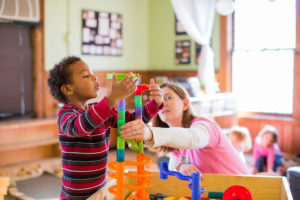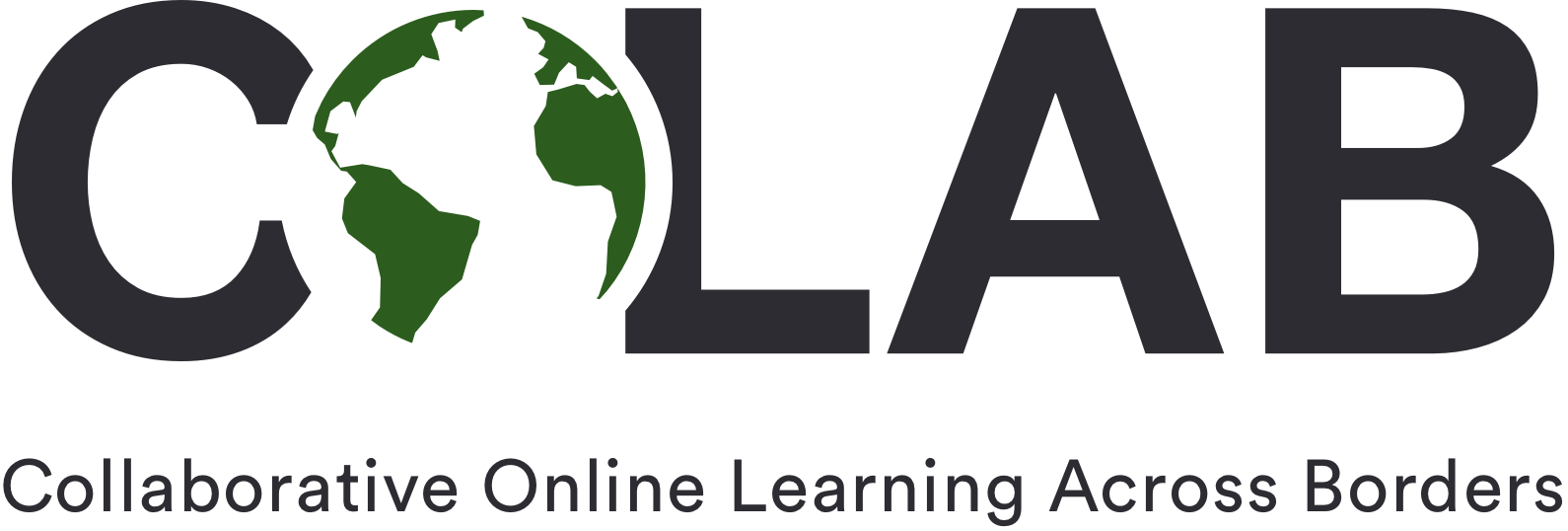Early Learning Center for Research and Practice
The Early Learning Center program exists to facilitate the academic mission of the Department of Child and Family Studies, which is part of the College of Education, Health, and Human Sciences.
Give to Early Learning Center Funds
The Parenting Education Lab
The Parenting Education Lab at the University of Tennessee is a collaborative effort between the Department of Child and Family Studies and UT Extension Family and Consumer Sciences, co-directed by Heidi Stolz and Heather Wallace. The mission of the Parenting Education Lab is to strengthen parent-child relationships by coordinating and enriching existing parent education efforts in Tennessee. The lab offers many networking and coordinating services such as the Tennessee Parent Educator (TPE) Directory, an online class calendar with postings of parenting/family classes, a curriculum database, and the news listserv which sends out quarterly e-newsletters about research, training opportunities, and parent education developments on the state and national levels. Learn more about the Parenting Education Lab
Visit the Parenting Education Lab’s official website
Implementation Science for Early Learning Lab (ISELL)
 The focus of the Implementation Science for Early Learning Lab (ISELL) is to improve early childhood educational practices and child outcomes through engaged scholarship. Our work aims to develop pathways between scholarship and the daily experiences of children and early childhood practitioners.
The focus of the Implementation Science for Early Learning Lab (ISELL) is to improve early childhood educational practices and child outcomes through engaged scholarship. Our work aims to develop pathways between scholarship and the daily experiences of children and early childhood practitioners.
Specific areas of interest include collaborative professional development that increases pedagogical content knowledge and related practices of pre/in-service teachers, innovative approaches to literacy instruction, and the relationships between practitioners’ beliefs and practices.
The Intercultural and Classroom Culture Research Lab
 The purpose of the Intercultural and Classroom Culture (ICC) research lab is to uncover how the daily life of the early childhood classroom is guided by shared routines, rituals, norms, values, and beliefs. This includes examining how teachers and children socially construct a peer and school culture as they act and react to one another. This also includes understanding how power, language, and ideologies influence the subject positions of children, families, and teachers. Moreover, the ICC research lab aims to explore teacher candidates’ (i.e., preservice teachers) understanding and development of intercultural competence. Intercultural competence is the willingness and ability to respond effectively with young children and families whose backgrounds, ways of thinking, communicating, and behaving are significantly different from the teacher candidates’ norms (Cushner, 2018).
The purpose of the Intercultural and Classroom Culture (ICC) research lab is to uncover how the daily life of the early childhood classroom is guided by shared routines, rituals, norms, values, and beliefs. This includes examining how teachers and children socially construct a peer and school culture as they act and react to one another. This also includes understanding how power, language, and ideologies influence the subject positions of children, families, and teachers. Moreover, the ICC research lab aims to explore teacher candidates’ (i.e., preservice teachers) understanding and development of intercultural competence. Intercultural competence is the willingness and ability to respond effectively with young children and families whose backgrounds, ways of thinking, communicating, and behaving are significantly different from the teacher candidates’ norms (Cushner, 2018).
The Early Experiences Laboratory
 In the Early Experiences Lab we are focused on studying the long-term effects of early life experiences in multiple and diverse contexts. Our collaborative research is international, interdisciplinary, and integrates a diverse array of methodological approaches. Many of our studies employ biopsychosocial and prospective longitudinal designs to identify developmental trajectories and model risk and resilience. Recently, together with East Tennessee Children’s Hospital (ETCH), we have started a new follow-up study of infants exposed to opioids in-utero. Learn more about The Early Experiences Laboratory
In the Early Experiences Lab we are focused on studying the long-term effects of early life experiences in multiple and diverse contexts. Our collaborative research is international, interdisciplinary, and integrates a diverse array of methodological approaches. Many of our studies employ biopsychosocial and prospective longitudinal designs to identify developmental trajectories and model risk and resilience. Recently, together with East Tennessee Children’s Hospital (ETCH), we have started a new follow-up study of infants exposed to opioids in-utero. Learn more about The Early Experiences Laboratory
The Early Experiences Laboratory is located in the Department of Child and Family Studies, Jesse Harris Building, Room 116. We are always looking for undergraduate and graduate students that are interested in joining our research team.
Well-Being in Adolescents and Emerging Adults
The Well-Being in Adolescents and Emerging Adults (WAE) Laboratory was formed in August of 2014 by Elizabeth Johnson and Spencer Olmstead to integrate their complementary lines of research and to further the study of well-being among young people between the ages of ten and twenty-five. Specific areas of interest and study include psychosocial well-being in the context of parental incarceration, the implications of daily stress exposure and reactivity for mental and physical health, emerging adult health-risk behaviors, and sexual health education and intervention during the transition to college.
The COLAB Lab
COLAB is a teaching unit that aims to enhance intercultural learning through online preservice teacher education. COLAB is aimed specifically at strengthening preservice teachers’ intercultural experiences, awareness and understandings. Offering COLAB within teacher education programs creates a starting point to engage students in diverse cultural encounters and experiences through the continually enhanced design of collaborative online assignments and interactions.
The objectives for COLAB is to help students to:
- Develop intercultural insights
- Reflect on their own intercultural understandings and development
- Foster awareness of personal and cultural assumptions about teaching young children, and
- Understand the process for moving beyond cultural assumptions to reflect more openly on cross-cultural situations.